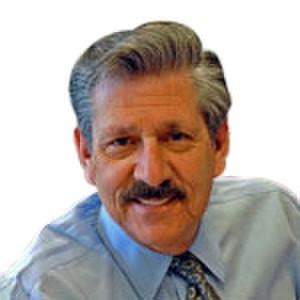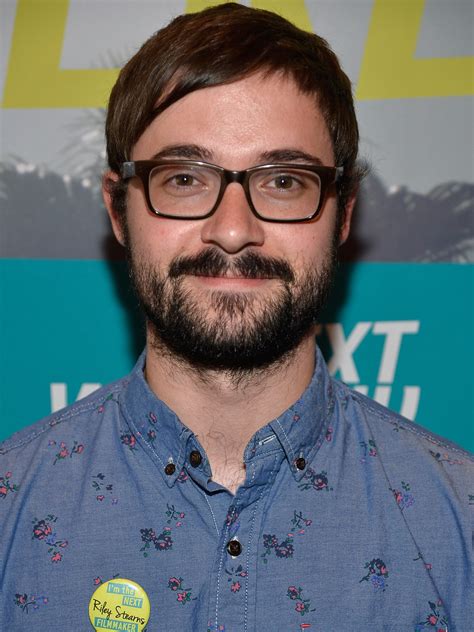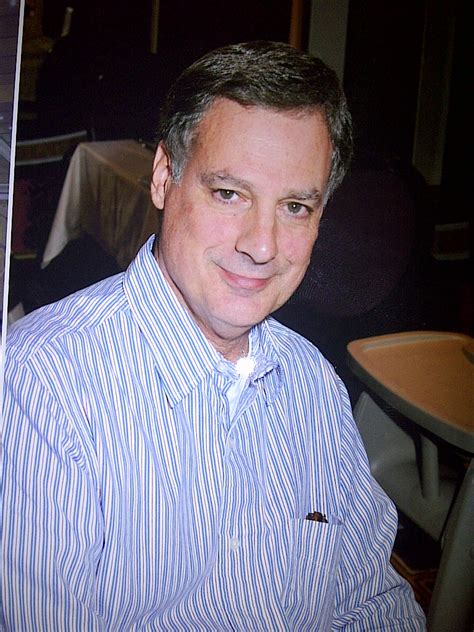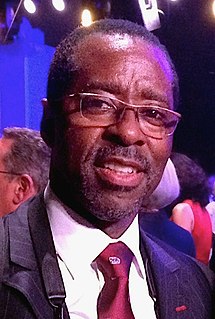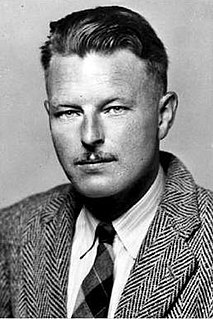A Quote by Barbara Ehrenreich
In a process that had begun in the 1980s and suddenly accelerated in the early 2000s ... [t]he peaks of great wealth grew higher, rising up beyond the clouds, while the valleys of poverty sank lower into perpetual shadow. The once broad plateau of the middle class eroded away into a narrow ledge, with the white-knuckled occupants holding on for dear life.
Related Quotes
Capitalism in the 19th century did not doom the worker to a life of perpetual poverty. Instead, they kept creating new and better-paying employments as the decades went by. They produced the wealth and rising income that resulted in the emergence of a phenomenon completely new to human history: a self-supporting and educated middle class that grew more and more as they lower classes bettered their economic well-being.
I think I was meant to be a musician who speaks his mind about social justice issues. And I grew up in a lower middle class family, but a family that had enough money to buy a $50 guitar and a $50 amplifier, and had a basement to rehearse in. What I think the global human cost of this horrific poverty is how many Mozarts or curers of cancer are slaving away in the Maquiladoras along the Tijuana border, or in the Indonesian sweat shops? There are billions of people who will never become the people they could be, or the people they were meant to be, due to crushing poverty.
Which class is happiest, the rich, the middle class or the poor? A very successful executive of a large organization touches upon this vital subject in a long letter to all his salesmen. He uses as his text a passage from Robinson Crusoe which included this: ""My Father bid me observe it, and I should always find that the calamities of life were shared among the upper and lower part of mankind; but that the middle station had the fewest disasters, and were not exposed to so many vicissitudes as the higher or lower part of mankind.
I was brought up in a very naval, military, and conservative background. My father and his friends had very typical opinions of the British middle class - lower-middle class actually - after the war. My father broke into the middle class by joining the navy. I was the first member of my family ever to go to private school or even to university. So, the armed forces had been upward mobility for him.

